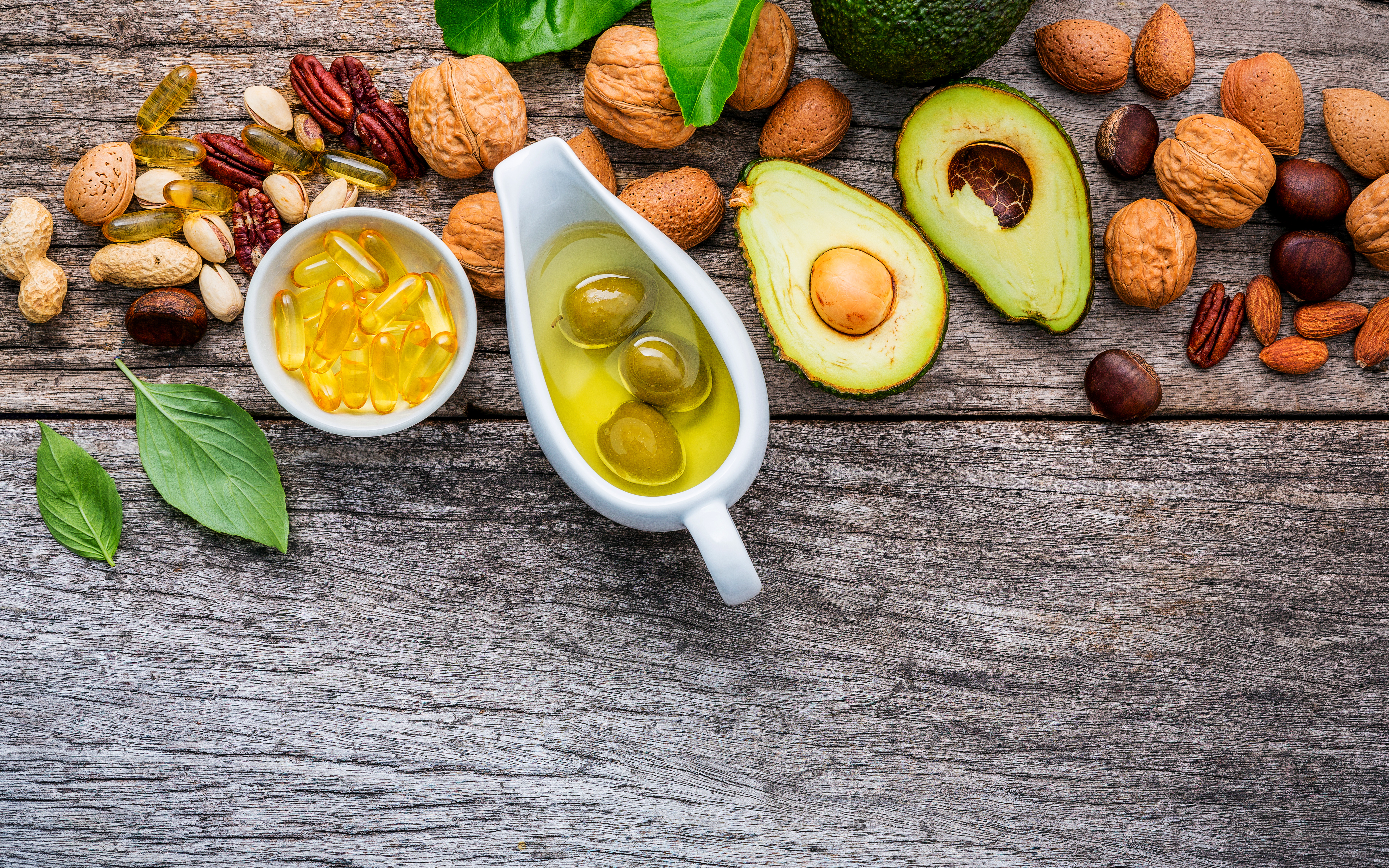WELLNESS WITHIN REACH
Explore By Interest
Beauty and Healthy Aging
Vision Health
Bath and Beauty
Womens Health
Pure Science Herbals
Sleep Supplements
Childrens Health
Swanson Health A to Z Guide to Modern Wellness
Herbal Supplements
Digestive Health
Recipes and DIY
Real Food Nutrition
Energy Stress and Mood
Health News
Sexual Health
Joint Health
Behind the Green Bottle Series
CBD Hemp Extract
Food and Nutrition
Exercise and Fitness
Memory and Brain Support
Mens Health
Health and Wellness
Essential Fatty Acids
Weight Support
Immune Health
Blood Sugar Support
Vitamins and Supplements
Cleanse and Detox
Healthy Home
Heart Health
New and Notable
Get the scoop on what's new at Swanson

New
Daily Supplements: A Nutritionist's Guide for Beginners
The best vitamins and supplements to take for men, women and looking to improve overall health as recommended by our in-house licensed nutritionist
Read More >

New
The Benefits of Phosphatidylserine
Discover how the benefits of phosphatidylserine can promote long-term cognitive health and wellness
Read More >

New
The Powerful New Way to Simply Hydrate
Stay hydrated for better endurance and overall wellness with Swanson’s line of gluten-free hydration support
Read More >
Food for Thought
Stay sharp with mind & cognition support
Explore All Memory and Brain Support

Mind
The 7 Best Natural Sleep Aids
Our guide of top 7 natural sleep aids that will help you rest easy all night long
Read More >

Mind
The Best 10 Supplements for Energy
If you’re familiar with fatigue and are looking for a way to sustain healthy energy levels, we’ve compiled a list of some of the best supplements for energy that can help give you the boost you need to meet your daily demands.
Read More >

Mind
What are Nootropics and What Can They Do?
From combating caffeine jitters to keeping your wits sharp, nootropics may be the "smart drugs" you need to enhanced cognition and sustained energy
Read More >
Healthy Lifestyle
Explore latest healthy living trends
Explore All Vitamins and Supplements

Body
A Guide to Intra-Workout Supplements
The best intra-workout supplements to take for better performance in and out of the gym
Read More >

Body
Top 10 Supplements for Active Aging
Our list of the top supplements to support your active lifestyle for years to come
Read More >

Body
Top Vitamins & Supplements for Bone Health
The 5 best supplements to support strong bones and healthy living
Read More >
Health & Home
Discover wellness at home
Explore All Healthy Home

Home
Candle Making 101: A Super Simple Start to DIY Candles
If you’re wondering how to make a candle, it’s actually easier than you might think. This sage-scented candle is a great start to a new craft.
Read More >

Home
A Quick Guide to Hygge: The Art of Coziness
What is hygge? Learn about the Danish art of hygge, plus hygge food and how to hygge.
Read More >

Home
Tips for Detoxing Your Home Plus Natural & DIY Cleaning Products
Clean your house with natural products, banish toxic chemicals and get recipes for DIY cleaners and cleaning with vinegar.
Read More >
What's Cookin'?
Recipes
Explore All Recipes

Recipes
Homemade Beet Juice Powder Hummus
Hummus that has a stunning reddish-pink color and is packed with benefits? Yes, please! Say hello to fiber, folate, vitamin C and antioxidants in a...
Read More >

Recipes
Frosty Chocolate Protein Shake
A summer treat that has just the right protein kick? Say no more! Shake things up with this chocolate treat sure to satisfy that cool...
Read More >

Recipes
Gut Health Glow Smoothie
A healthy glow comes from the inside out. Nourishing your gut health supports not only digestion but immune health and overall wellness. We took a...
Read More >
Weekly Newsletter
Sign up to our weekly newsletter to keep up-to-date with our latest items


